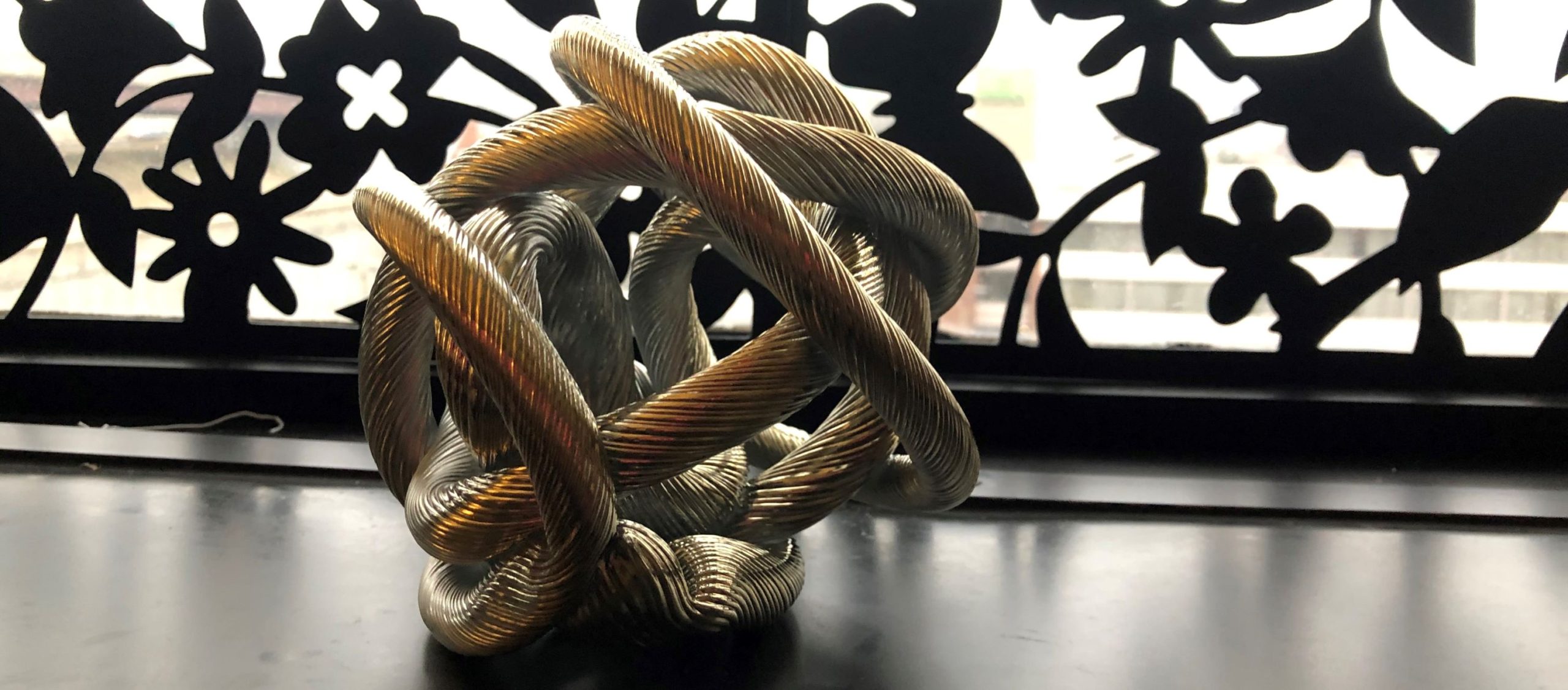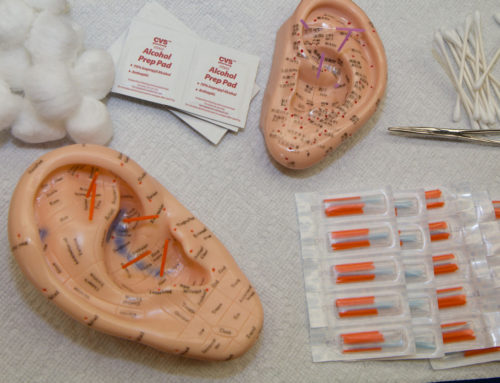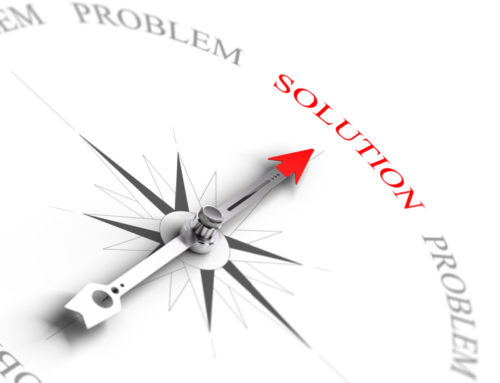What Exactly is Stress
We hear how bad stress is for us, but have you wondered: What exactly is stress?
One formal definition is how the brain responds to a physical, emotional, or perceived demand. A ‘demand’ can be as simple as taking the trash out or as complex as a memory of a traumatic event. Sometimes stress is noticeable, and other times it builds, and we’re not aware of it until we have a stress reaction.
I have a lot of experience helping people reduce and manage stress; it’s one of the main focus areas in my practice. I am not alone in my opinion that stress is the primary cause of most emotional issues and physical diseases. I will have future blogs on stress-related topics. But for now, let’s focus on the basics.
Stress Facts
Stress affects everyone. Period. Some people can resolve stress more quickly, but all living things experience stress. Standard or routine stress can be getting to work/school, pressure from managers/teachers, family issues/problems, and budget/money concerns. Yes, there are many other stressors, but I think you get the point. Even people who seem to live a charmed life get stressed.
Stress is not always a ‘bad’ thing. The physical and chemical changes in your body when in a dangerous situation can be the difference between life and death. This is called acute stress. You need and want your blood to flow from your extremities and protect vital organs, your breathing to increase, adrenalin and cortisol to pump through your veins to allow you to act and react instantly, and generally for your entire being to be in lifesaving mode. In life-threatening situations, be thankful for your stress response.
Stress is not bad unless you are constantly stressed. Chronic stress is harmful because it doesn’t allow the body to get back to a healthy balance. Instead, the same chemicals that are released during acute stress seem to be stuck on a steady flow. And that, over time, can lead to a weakened immune system, weight gain, poor sleep, digestive upset, heart problems, and reproductive issues.
Visit Medline Plus, a service of the National Library of Medicine, the world’s largest medical library, to learn more about stress.
Reduce the Effects of Stress
And finally, take stress seriously.
Final Thoughts on Stress
Chronic stress can cause panic attacks that feel like a heart attack, or it can cause a heart attack.
It can cause some really bad health-related problems that sometimes will go away when the stress is reduced but other times it becomes a life-long issue.
Do you have any tips that you’ve found helpful to reduce stress? If you’ve tried the suggestions above and aren’t seeing the results you’d like, contact me.
I specialize in helping people diminish stress and live with more calm and peace. Contact me for more information.
Until next time,

Marilyn






